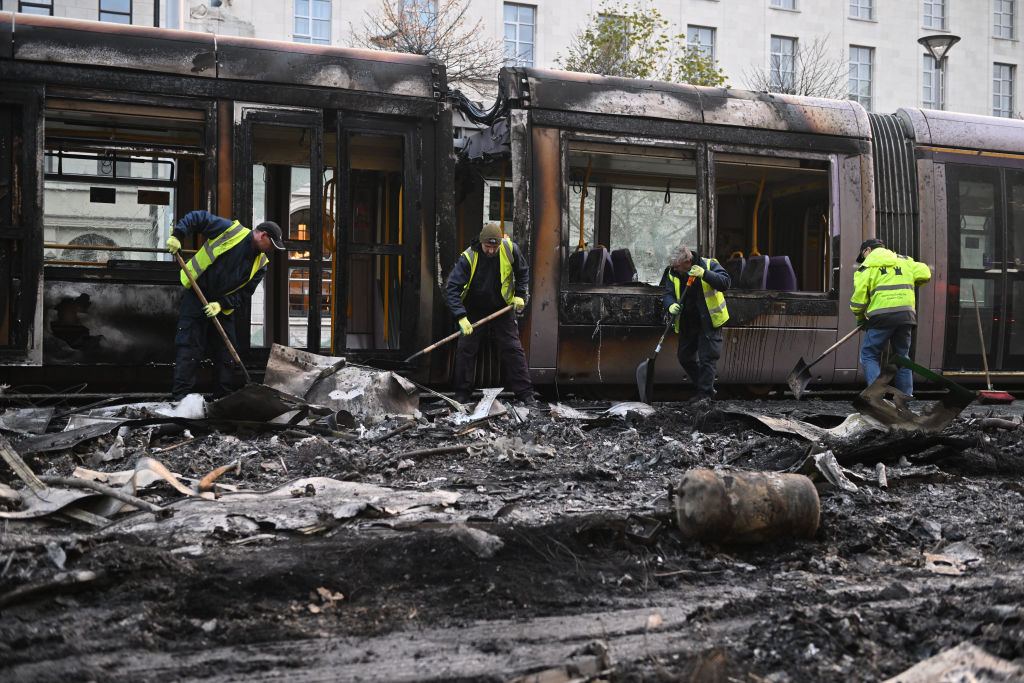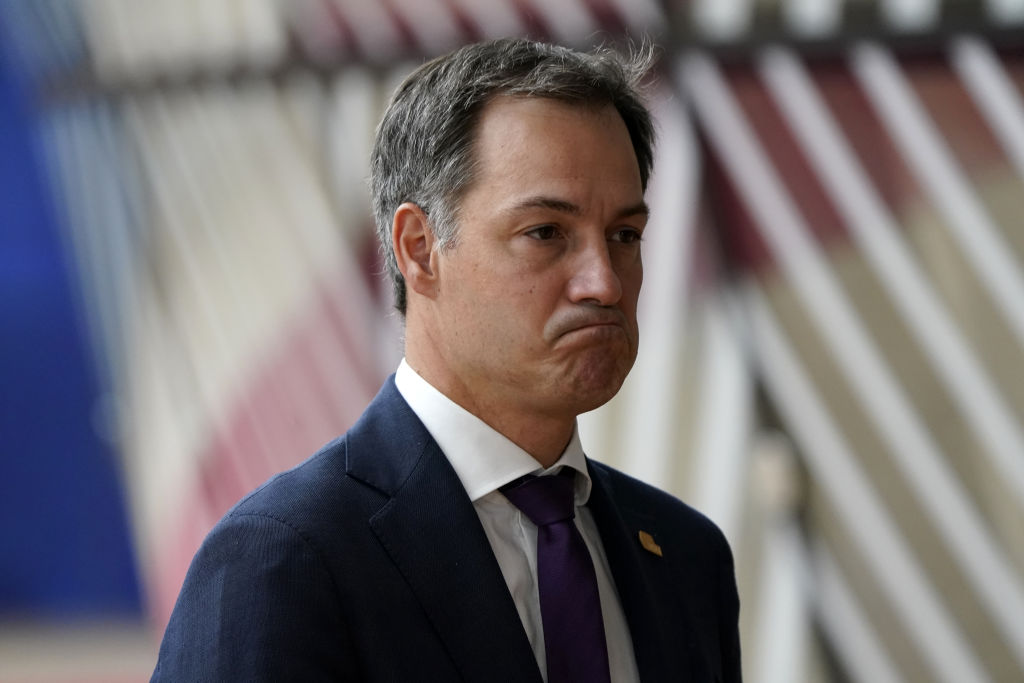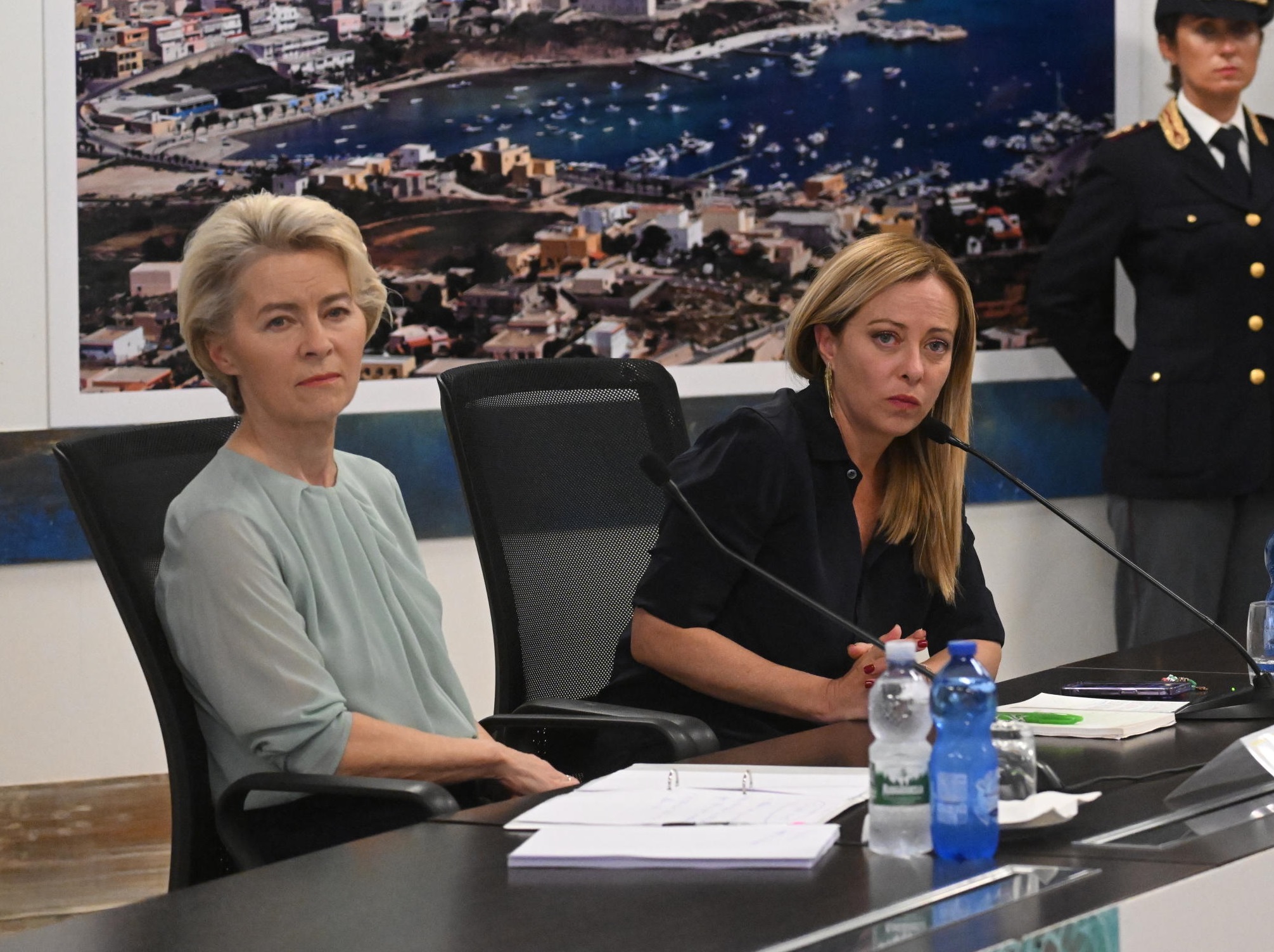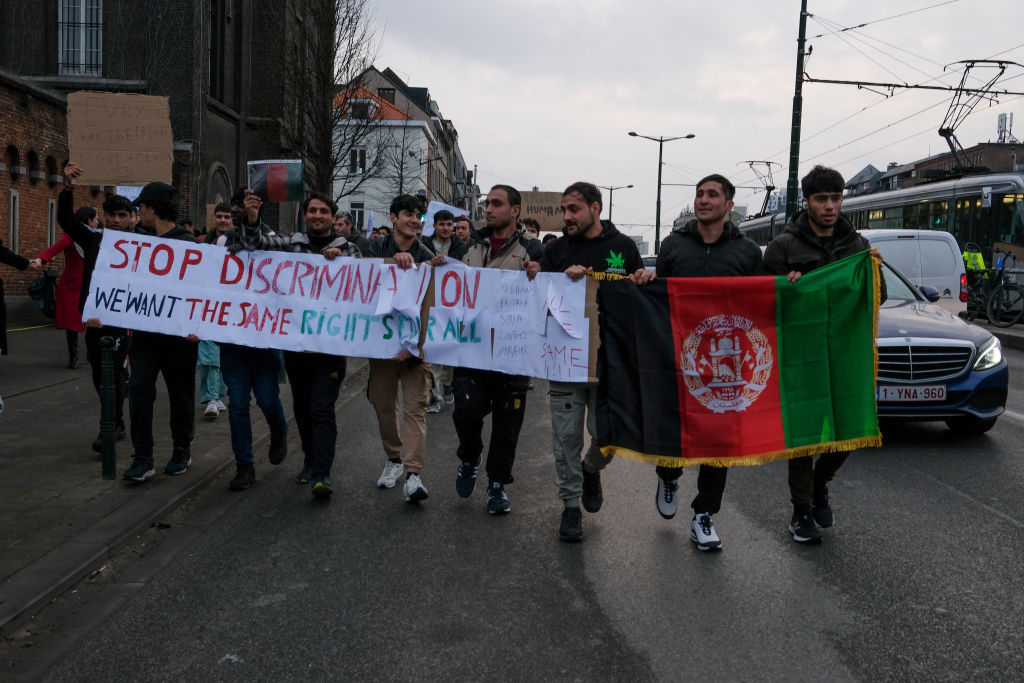Ireland’s Minister for Justice Helen McEntee’s position is no longer tenable after the violence seen in Dublin on November 23, politicians from across the country’s political spectrum have said.
Multiple members of Ireland’s Parliament, the Dáil Éireann, lashed out at the minister for failing to prevent the stabbing of three children in Dublin city centre.
They have also berated McEntee for failing to prevent the mass rioting that engulfed the capital afterwards, with furious locals from the inner city injuring police and destroying numerous public service and police vehicles.
“The scenes in our capital yesterday were shocking and appalling and mark a dark new departure in the life of our nation,” parliamentarian Peadar Toibín said.
The Aontú party leader added that the attack on the children had likely “stunned and traumatised many who witnessed it”, adding that the Government then “lost control” of its own capital city.
“It is impossible to have confidence in the Minister for Justice with these scenes of our capital beaming across the world,” he said, adding that the minister had “distracted” herself with “culture-war phenomenon” such as pushing her controversial hate-speech bill.
Helen McEntee, Ireland’s Minister for Justice, has been told to resign amid a rapid rise in crime in the country’s capital Dublin. https://t.co/gNo8dhGabv
— Brussels Signal (@brusselssignal) August 2, 2023
Toibín’s criticisms were echoed by other left-wing politicians, with the leader of the left-populist Sinn Féin party Mary Lou McDonald telling the country’s state broadcaster RTÉ she had “no confidence” in McEntee.
Garry Gannon, a representative from the left-wing Social Democrats, lashed out at the justice minister and the country’s chief of police Drew Harris.
“This lack of preparedness endangered rank and file gardaí, who were at times completely outnumbered, surrounded and viciously attacked by these thugs,” he said, describing the positions of both officials as “untenable”.
“The central core of the city was effectively lawless and prominent businesses were looted while buses, Luas [light rail] carriages and garda vehicles were set ablaze.”
Ireland’s Government has tried to play down the rioting – some of the worst in the history of the modern Irish State – with McEntee claiming police managed to limit the violence to a “very small area”.
Others have tried to shift blame on to the so-called “far-right”, with Harris in particular decrying a “lunatic, hooligan faction driven by far-right ideology” as being behind the chaos.
He also claimed that the night’s violence “could not have [been] anticipated”, a claim that has been berated by pundits on both the Left and Right in the country.
McEntee and Harris had already been unpopular before the night’s rioting.
The justice minister’s attempt to push through a controversial hate-speech bill in the Irish Parliament has caused many of her own party members to turn on her.
They fear the bill could criminalise the possession of memes deemed to be offensive, among other concerns.
Harris is one of the least popular Garda Commissioners (police chief) in the history of the force, with just under 99 per cent of rank-and-file officers in the country expressing no confidence in him in a vote earlier this year.
Almost 11,000 officers took part in the poll, which was conducted by the country’s police union.
Ireland pays Ukrainian refugees 30 times more each than Belgium does, according to a government report published recently. https://t.co/Hq85KK8yCl
— Brussels Signal (@brusselssignal) October 18, 2023





